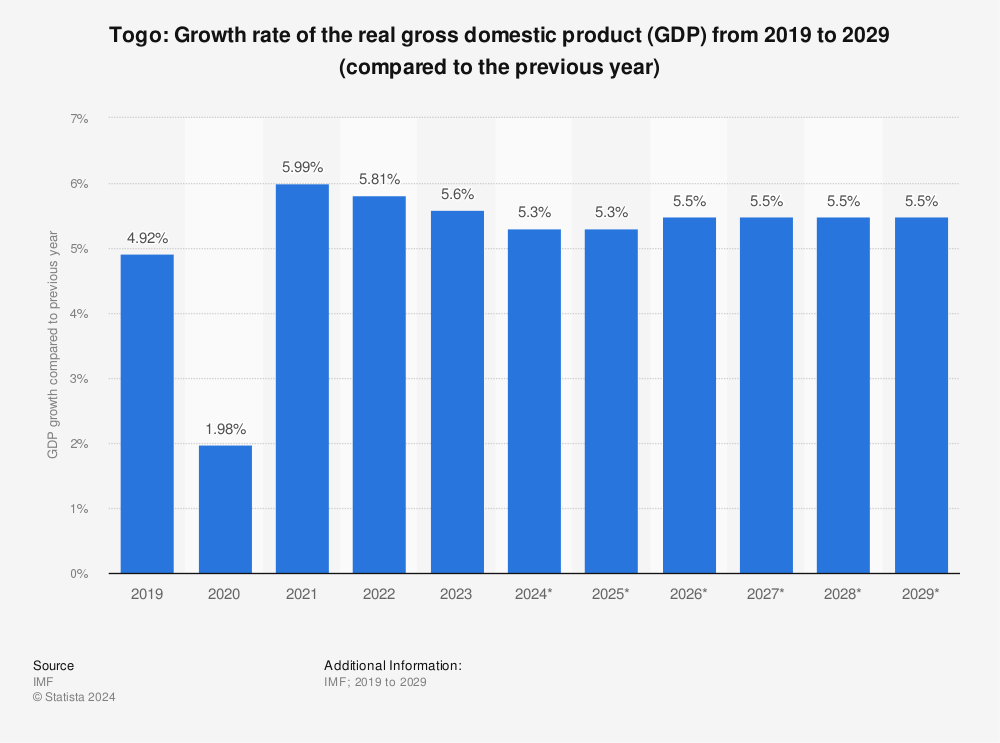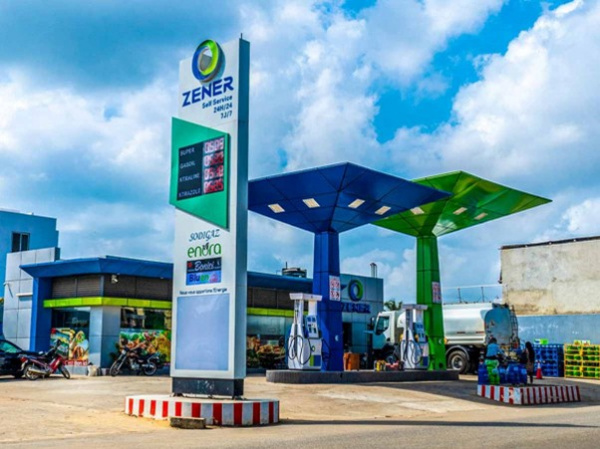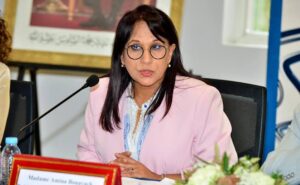In Togo, the private sector accounted for 76.8% of the national gross domestic product (GDP) in 2024, as reported during the inaugural meeting of the State-Private Sector Consultation Technical Committee on Friday, March 28, in Lomé. While this figure shows a slight decrease from 2023’s 77.1%, it underscores the essential role the private sector plays in the Togolese economy.
During the meeting, Minister of Economy and Finance, Essowè Georges Barcola, commended the achievements of private enterprises, which are responsible for nearly 98% of employment in the country. He stated, “In addition to their contributions through investment and taxation, the private sector’s capacity for innovation and its ability to provide tangible solutions are what make it a vital component of our economic resilience.”
A State-Private Sector Tax Dialogue
One of the significant outcomes of this meeting was the announcement of a renewed structured fiscal dialogue between the government and the private sector, set to take place before the 2026 budget process. This initiative aims to proactively identify areas where consensus is needed, ensuring enhanced support from the private sector in budgetary decisions.
As part of the collaboration between public and private entities, specific initiatives are also planned, including workshops focused on agricultural taxation, accounting training, and promotional activities for small and medium-sized enterprises (SMEs).
Recommendations from the Private Sector
The approach received positive feedback from private sector representatives during the discussions. Yva Badohoun, who spoke on behalf of the private sector, outlined seven key recommendations aimed at sustainably enhancing the business environment and fostering inclusive economic growth. He stated that the key points include: providing clarity on the tax regulations for imported software; conducting a comprehensive review of the tax on telecommunications and information and communication technology companies (TETIC) with full stakeholder consultation; emphasizing the urgent establishment of the CAR and CARLD commissions, which are tasked with facilitating prompt and equitable tax arbitrations; appointing their members and establishing a definitive operational timeline by the end of June 2025; and streamlining customs processes to minimize costs and delays associated with commercial operations.









